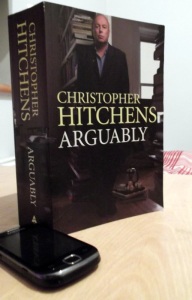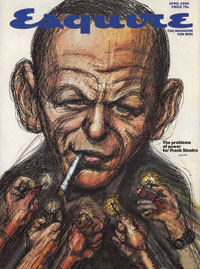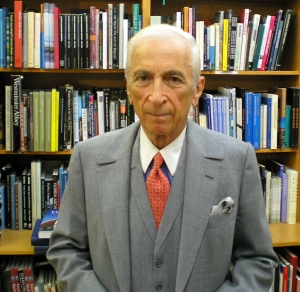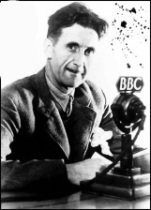My own opinion is enough for me, and I claim the right to have it defended against any consensus, any majority, anywhere, anyplace, anytime. And anyone who disagrees with this can pick a number, get in line and kiss my ass.
– Christopher Hitchens,
I have been re-reading some of my favourites from Christopher Hitchens’s Arguably (pictured). At over 800 pages, quite appropriately for the tone of the contents, it would make an effective weapon.
Christopher Hitchens died on the 15 of December last year. While he was alive he was the most fearsome verbal pugilist in the world. He has sweet and admiring pieces, but you do not love him for that. You love him for his great critical essays and his public debates. Stylistically, the two overlap. It is less that Hitchens wrote like he spoke; more that he spoke like he wrote. He spoke extemporaneously with disarming ease, studious care and verbal bruising. Victims are often simply immobilised by this barrage of politics, geography, history and literature. He always spoke with conviction. If he was ever ingratiating for a single moment of his life he hid it well. This was a man who would literally give the finger to the audience if he thought they deserved it, who lost lifelong friends on the left over his beliefs about the Iraq war and who refused to flatter his new friends on the right when they engaged in torture and illegal surveillance.
He spoke the truth even to the dead and so when we speak of him, now dead, we should note too that he had his faults, such as defending the Iraq war long after it became clear that it was a horrific mess. (His often asked refrain was, would Iraq be better off still under the psychopathic Saddam Hussain? As if the answer to the question would make a wrong war right.) But on the whole, I admire the man a great deal.
This brings me to one of my favourite essays of his: “The Perils of Partition” — a history and criticism of partition across the globe. Hitchen believes that, “as a general rule it can be stated that all partitions except that of Germany have led to war or another partition or both. Or that they threaten to.” He develops his point by drawing on a deep well of knowledge of poetry, history and politics. As a Northern-Irish person (that polite compound term) I recognise some of what he speaks too well:
Sigmund Freud once wrote an essay concerning “the narcissism of the minor differences.” He pointed out that the most vicious and irreconcilable quarrels often arise between peoples who are to most outward appearances nearly identical. In Sri Lanka the distinction between Tamils and Sinhalese is barely noticeable to the visitor. But the Sinhalese can tell the difference, and the indigenous Tamils know as well the difference between themselves and the Tamils later imported from South India by the British to pick the tea. It is precisely the intimacy and inwardness of the partition impulse that makes it so tempting to demagogues and opportunists.
Pettiness is the Northern Irish political reflex to all issues – this is all too true. I can recognise where he is oversimplifying Northern Ireland: yes, his knowledge is not perfect. Yet I know no more global journalist. How many would be able to compare, from personal experience, the stupid half-hour time difference between Pakistan and India to the nonsensical north-south hour difference between the two halves of Cyprus — and eloquently too? There is still only one Hitch.
Enjoy the essay and admire particularly how well he weaves the different source materials together. If you are still hungry after all that TheBrowser.com has an excellent collection of reminiscences of Hitchens’s recent work and videos. The New Yorker’s old profile is still brilliant.






